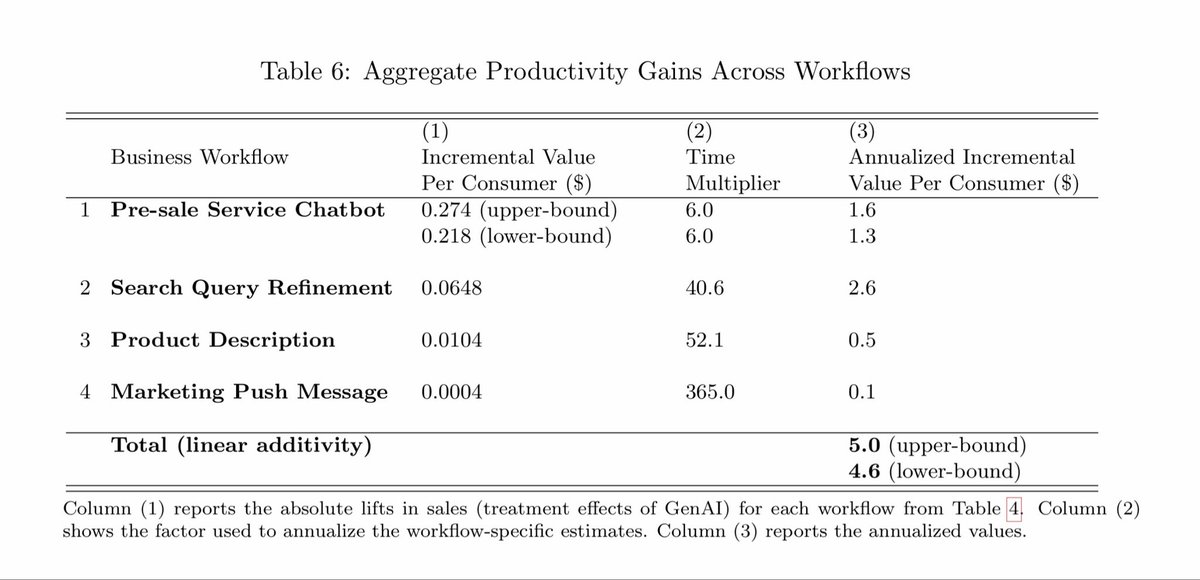
Matt Beane
@mattbeane
Study work with intelligent machines, esp. robots. @MITSloan PhD, @Ucsb Asst Prof, @Stanford fellow, @tedtalks
Book, Substack: theskillcodebook.com
ID: 17285667
http://www.wildworldofwork.org 10-11-2008 12:31:51
6,6K Tweet
3,3K Followers
241 Following







This relatively short essay by Jack Clark is a good indicator of the attitude of many people inside the AI labs, and what they think is happening right now in AI development. You do not have to believe him, of course, but it is worth noting: importai.substack.com/p/import-ai-43…












